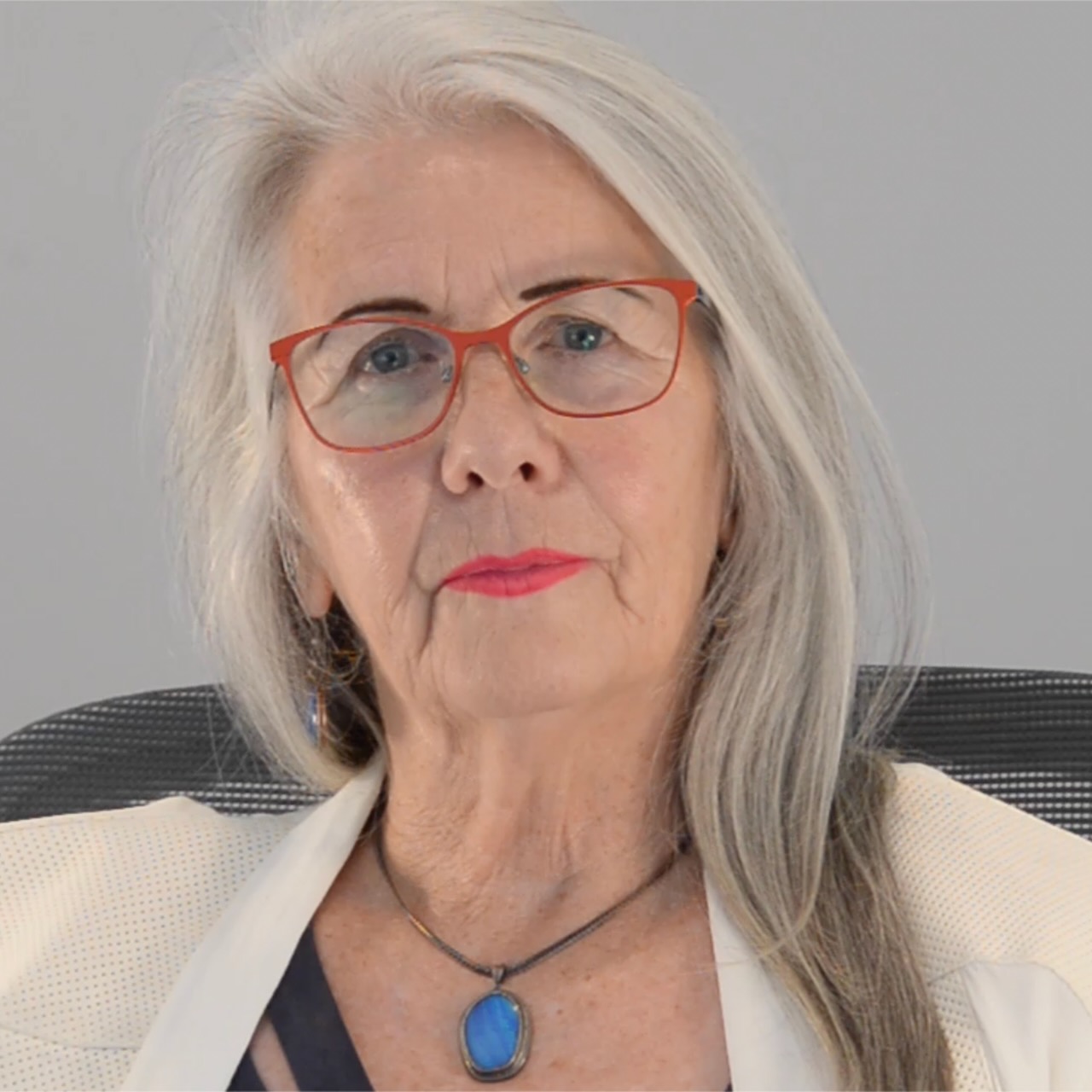Welcome to "Global Futures of Climate”, the first Course in our series on Global Systems designed for individuals and organisations committed to facing global challenges and finding solutions.
This self-paced, online Climate Education Course is scientifically-based, and incredibly well researched to give you a deep understanding of our emerging world, providing a solid basis for you to build your personal, professional, and family futures. The innovative solutions offered align with the UN Sustainable Development Goals (SDGs). Course Content includes 12 Lessons across 3 Modules: Climate Change, Energy Systems, and Ecosystem. There are two lessons in each, examining the challenges, and addressing the alternatives.
The Course Content incorporates over 100 learning resources, including:
- 12 Lessons over 3 Modules: Climate Change, Energy Systems, Ecosystem.
- 12 Lessons over 3 Modules: Climate Change, Energy Systems, Ecosystem.
- Four lessons per Module, two on the challenges, two addressing the solutions.
- 12 Instructor videos (one per Lesson) to guide you through the Course Content and Resources .
- Over 40 expert videos (climate and ocean scientists, EC, UN, OECD, European Parliament, Carbon Brief, WWF, World Bank, Universities)
- Over 50 expert articles/reports (NASA, UN, IPCC, UNFCC, UNSDGs, State of the Planet, Blue Carbon Initiative, Greenpeace,
- Universities, UNDP, Global Commission for Adaptation, to name a few).
- 36 reflection questions to journal your progress.
- 60 fun quiz Qs to test knowledge gained.
- Certificate of Completion.

